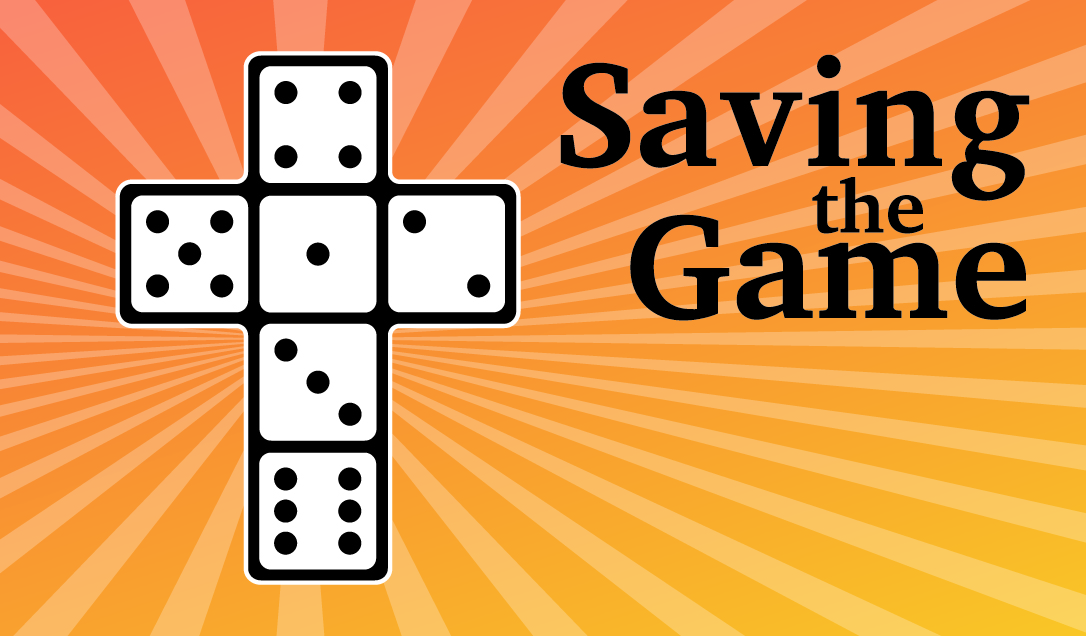Download
this episode (right click and save)
Author and game designer Greg Stolze joins Grant and Peter to talk about Unknown Armies 3rd Edition, its Kickstarter, some of his other work, and personal-scale horror stories! We spend a lot of time talking about Unknown Armies—practically the whole episode, really—and Greg had plenty to say about personal horror and how Unknown Armies reflects that. In particular, we talk about how this sort of horror differs from the “cosmic horror” currently in vogue; how relationships can matter more in personal horror; stress and horror; and more. Enjoy!
Mentioned in this episode:
- The Unknown Armies 3rd Edition Kickstarter campaign (wraps up April 29th)
- Greg Stolze’s homepage
- The Delta Green RPG
- “In The Beginning”—a blog post by Greg Stolze describing the origins of Unknown Armies
- Dinosaurs In Space
- Milan Kundera and The Unbearable Lightness of Being
- The Babadook
Scripture: Job 38:4-7, John 15:13, Colossians 3:23-25, Romans 3:10

One thought on “Episode 83 – Personal Horror (with Greg Stolze)”
Great episode! That Milan Kundera reference sums up the contrast between Lovecraftian horror and Unknown Armies-style personal horror better than I could imagine.
From a Christian standpoint, I find that sometimes I feel like I need to defend the choice to play “real world” games that have cosmologies that are totally different from the typical Christian view of cosmology (and which I personally believe to be the actual “real world”). That could be the quasi-atheistic pessimism of the Lovecraftian cosmos, or the humanistic gnostic cosmology of Unknown Armies, or the mechanistic transhuman sci-fi of Eclipse Phase.
My defense would be that: 1. Games are stories, and even stories set in the “real world” can have fantastic elements; 2. In our world, there are a lot of different cosomologies that people believe in, and if we’re portraying those people honestly we should strive to understand and sympathize with their beliefs; and 3. By imagining different cosmologies and playing out how they might affect a world if they were true, we can both better understand real people with different beliefs from ours, and better appreciate how our own cosmological beliefs can (or should) affect our actions.